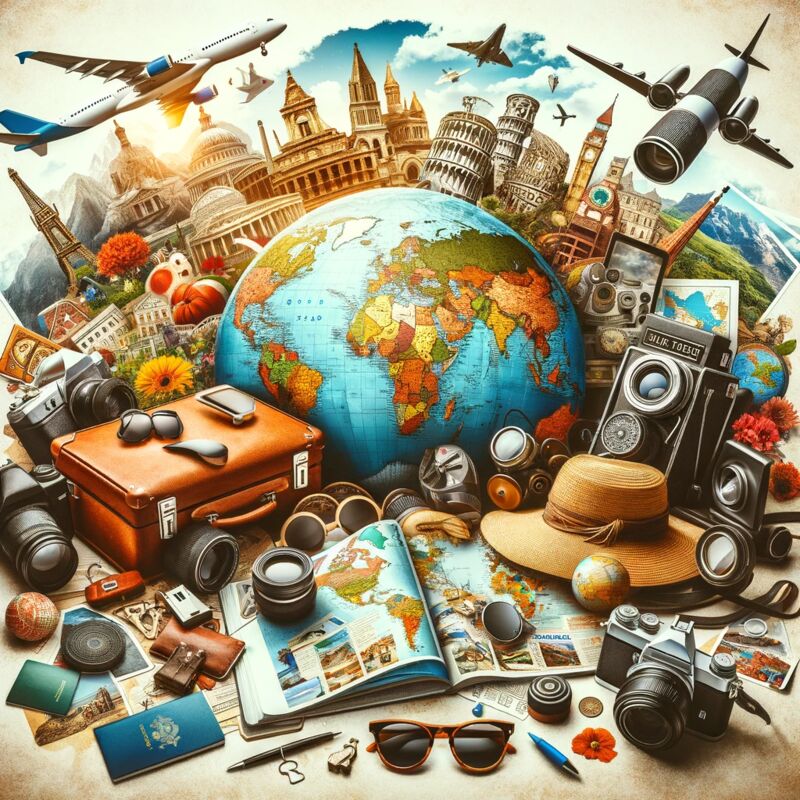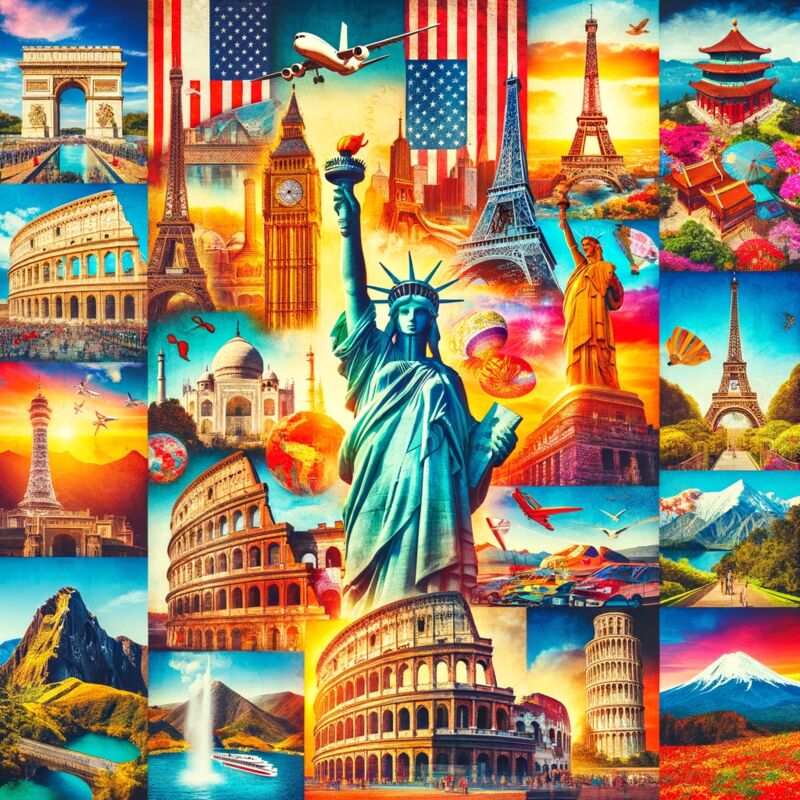Discover the Best Time to Travel to Iceland
Choosing the ideal time to visit Iceland hinges on your travel preferences, whether they lean towards experiencing the country's majestic natural landscapes, engaging in vibrant cultural events, or braving the climatic elements. Each season showcases a unique facet of Iceland's charm, from the Northern Lights in winter to the Midnight Sun in summer.
Winter Wonders: Northern Lights and Snowy Landscapes
Traveling to Iceland in the winter months, particularly from November to February, can be rewarding for those seeking the aurora borealis or winter sports. The climate conditions are cold and snowy, but the breathtaking Northern Lights make the chilly temperatures worthwhile. Despite the limited daylight hours during this season, the snow-covered scenery provides picturesque vistas and ideal conditions for activities like skiing and snowmobiling.
Spring and Summer: Midnight Sun and Puffin Season
As the country transitions into spring, from March to May, you can witness Iceland defrosting, with longer daylight hours and a gradual increase in temperatures. However, the real travel highlight is the summer season, spanning June to August. This is the prime time to bask in the glow of the Midnight Sun, which offers nearly 24 hours of daylight.
The summer also ushers in the opportunity to observe wildlife, including the puffin breeding season, and the chance to explore Iceland's green landscapes and partake in hiking, camping, and festivals like the Viking Festival and Secret Solstice Music Festival.
Autumn Appeal: Serenity and Northern Lights
The autumn months, from September to October, present a balance with less crowded tourist sites and a return of the dark nights, which again provide a chance to view the Northern Lights. The climate is relatively mild, the changing leaves paint the landscapes in vibrant colors, and accommodation prices are often more affordable during this shoulder season.
Cultural Events Throughout the Year
No matter when you plan your visit, Iceland's cultural calendar is dotted with events that are worth experiencing. Here is a list of some notable festivals and events to guide your planning:
- The Reykjavik International Film Festival (RIFF) – held annually in late September to early October
- Thorrablot – an Icelandic midwinter festival usually in January or February
- The Reykjavik Arts Festival – a biennial event showcasing a range of art, taking place in May or June
- Icelandic National Day – a joyous celebration on June 17th, commemorating the foundation of the Republic of Iceland
- The Culture Night "Menningarnótt" in Reykjavik – an event filled with concerts, exhibitions, and more, occurring in August
Climate Considerations for Your Travel
Understanding Iceland's climate is essential for packing and planning. Weather conditions can be unpredictable, so it's advisable to dress in layers and be prepared for shifts in weather. Rain gear is essential year-round, and sturdy footwear is recommended for those planning to venture into Iceland's rugged landscapes.
Final Thoughts on Selecting Your Season
In conclusion, the best time to visit Iceland truly depends on your personal preferences. For a complete experience of the land of fire and ice, each season offers something distinctive and memorable. Consider what you wish to see and do, and choose your travel season accordingly to maximize the enjoyment of your Icelandic journey.







